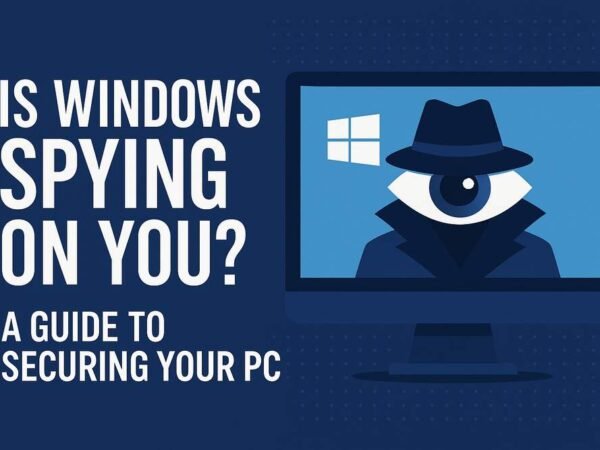In today’s digital age, ensuring privacy and security while browsing the Internet is crucial. Two popular solutions for achieving these goals are residential proxies and Virtual Private Networks (VPNs). While both protect user identity and enable access to restricted content, residential proxies offer several advantages over VPNs. This article explores why residential proxies can be better for specific use cases.
Understanding Residential Proxies and VPNs
Residential Proxies:
A residential proxy uses an IP address provided by an Internet Service Provider (ISP) to access the Internet. These IP addresses are associated with actual physical locations, making the user’s activity appear to originate from a genuine home user.
VPNs:
A VPN creates a secure and encrypted connection between the user’s device and a VPN server. This server then accesses the Internet on behalf of the user, masking their original IP address with one provided by the VPN.
Enhanced Anonymity and Legitimacy
One of the main reasons residential proxies are superior to VPNs is their anonymity and legitimacy. Since residential proxies use IP addresses from actual ISPs, they appear as regular home users. This authenticity reduces the likelihood of detection and blocking by websites, which often scrutinize IP addresses to detect suspicious activity.
Despite their security features, VPNs often use data center IP addresses. These IP addresses are easily identifiable by websites and can be flagged as potential automated or malicious traffic sources. Consequently, users may face restrictions or outright bans when using VPNs for certain activities.
Better Access to Geo-Restricted Content
Due to their authentic IP addresses, residential proxies excel at bypassing geo-restrictions. Websites and streaming services implementing geographic content restrictions are more likely to allow access through residential IPs. This makes residential proxies ideal for users looking to access region-specific content, such as streaming services, online marketplaces, and localized websites.
VPNs can also bypass geo-restrictions, but their data center IP addresses are more likely to be recognized and blocked by content providers. This can result in a frustrating experience for users who find their access denied despite using a VPN.
Superior Web Scraping Capabilities
Residential proxies offer a distinct advantage for businesses and individuals involved in web scraping. Web scraping involves extracting data from websites, and many sites implement measures to detect and block automated scraping activities. With their legitimate IP addresses, residential proxies are less likely to be flagged during web scraping operations.
While VPNs provide anonymity, they are not as effective for web scraping. The data center IPs used by VPNs can be easily detected by sophisticated anti-scraping technologies, leading to IP bans and interruptions in the scraping process.
Lower Risk of IP Blocklisting
IP blocklisting is a common issue faced by users of both residential proxies and VPNs. However, the risk is significantly lower for residential proxy users. Since residential IPs are assigned by ISPs and are seen as regular home user IPs, they are less likely to be blocked by websites and services.
On the other hand, VPN users often share IP addresses with multiple users. This shared usage increases the likelihood of suspicious activities associated with a single IP address, leading to blocklisting. Consequently, VPN users may frequently encounter blocked IP addresses, requiring them to switch servers and potentially compromising their browsing experience.
Higher Reliability and Stability
Residential proxies tend to offer higher reliability and stability compared to VPNs. Using genuine ISP-provided IP addresses ensures consistent and uninterrupted access to websites and online services. This stability is crucial for activities that require prolonged and continuous internet connections, such as online gaming, streaming, and conducting business operations.
Although secure, VPNs may suffer from slower connection speeds and occasional dropouts due to the encryption process and server load. Users may experience lag and disruptions, especially during peak usage or when connected to servers in distant locations.
Conclusion
While both residential proxies and VPNs provide valuable privacy and security benefits, residential proxies stand out in terms of anonymity, legitimacy, and reliability. Their ability to bypass geo-restrictions, perform effective web scraping, and reduce the risk of IP blocklisting makes them a preferred choice for many users. Residential proxies offer a superior solution for those seeking enhanced online privacy without compromising on access and performance.
Also Read Interesting Articles at disboard.co.uk













